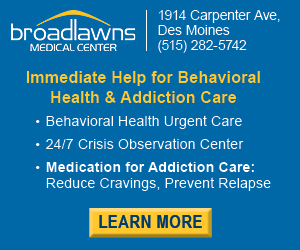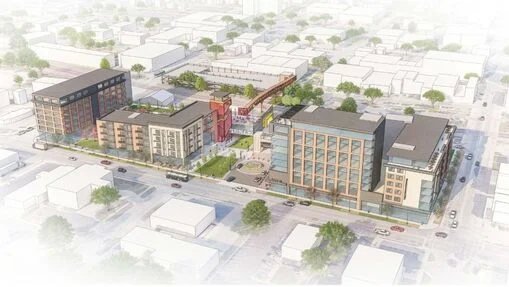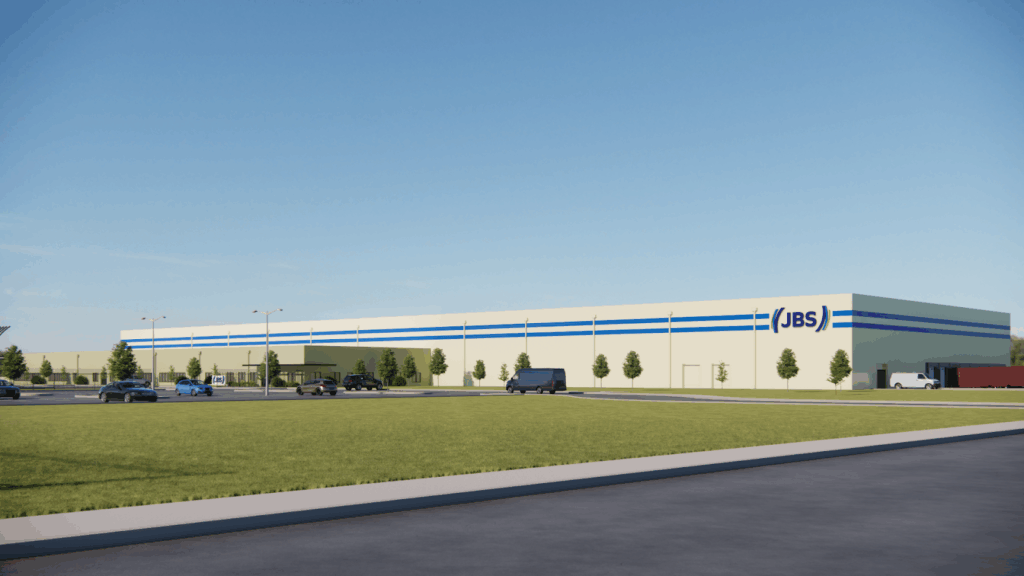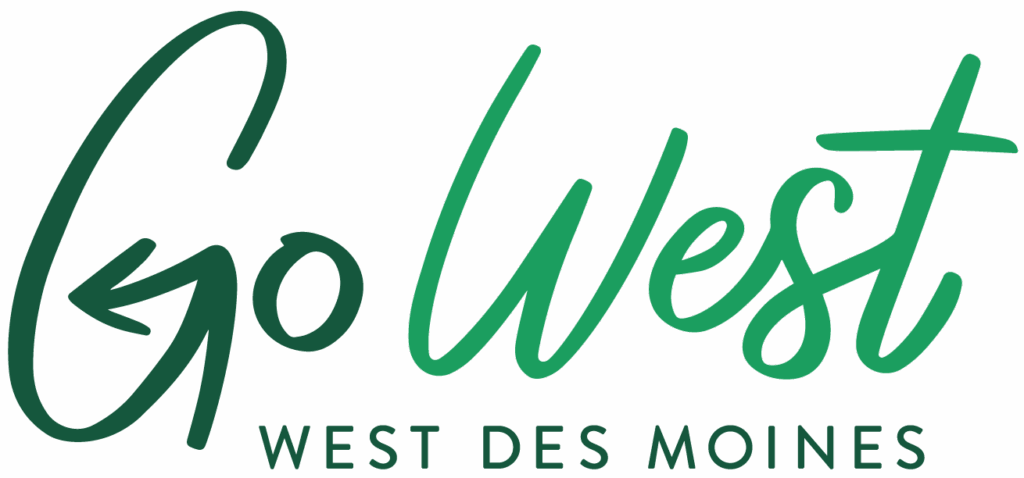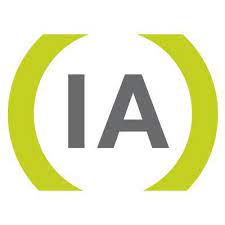Capital Crossroads: Social Capital
Social Capital aims to cultivate leaders, celebrate diversity

What is Capital Crossroads:
Capital Crossroads is a regional planning effort headed up by leaders in Greater Des Moines and surrounding communities.
What is Social Capital:
The Social Capital section of the Capital Crossroads long-term plan focuses on growing the next generation of leaders through mentor programs and celebrating the region’s diversity. It also looks to foster and integrate more civility into everyday conversation.
As its name suggests, the Social Capital of the Capital Crossroads long-term plan is focused on people. The capital aims to develop the next generation of leaders, promote and celebrate Iowa’s increasing diversity, and take a good hard look at civil discourse.
Luckily for co-chairs Kristi Knous and Phil Hodgin, there are already strong programs in place working toward those goals. The two say their main purpose is to support and build upon these programs, making them even more successful.
“We’re not trying to rewrite programs,” Hodgin said. “We just want to help them attract more people and do more for their region.”
Connecting the various leadership institutes that stretch across Central Iowa is one way to do that. Hodgin, a principal at RDG Planning & Design, said that in the 1980s it was easy to locate the area’s budding leaders because there was only one leadership program: the Greater Des Moines Leadership Institute. But now every major municipality has one, which makes training more readily available for those seeking it, but also creates a more fragmented base and an air of competition between the institutes.
“Now we want to bridge all of those people together,” he said.
To do that, the committee wants to coordinate and engage various institute alumni groups through networking events and programming. The two co-chairs also visualize creating a website that can serve as a one-stop shop for those looking for opportunities to get more involved. It would provide information about different educational, corporate, social and civic leadership opportunities in cities across Central Iowa.
“They’ve got the skills, so let’s get them involved,” said Knous, president of the Community Foundation of Greater Des Moines.
The co-chairs say another major focus will be setting up a mentorship program to help train the next generation of leaders. Knous said accomplishing this task should be easy, because Des Moines is full of seasoned leaders who are willing to help.
“And the next generation of leaders are not just the 20-year-olds,” she said.
With the resources at hand, and many willing to participate, the group just needs to put more structure and formalized programming in place.
“How can we engage leaders and connect them with those seeking guidance?” Knous said.
During committee talks, Knous said a new goal also emerged: finding ways to leverage the talent found through the mentorship program within the community.
“We want to figure out ways the community can take advantage of these people,” she said.
As for the diversity section of the plan, Knous said she and Hodgin are relying heavily on the expertise and knowledge of the Greater Des Moines Partnership’s Diversity Council.
Because the diversity council is already aware of what programs exist, Knous said, the group can better pinpoint holes that need to be filled. It is also better poised to accomplish the larger goals that the plan suggests, such as creating a multicultural center, staging large events that celebrate Iowa’s diversity, and creating awards and publications.
Hodgin agreed, reiterating that their goal is to support and help the diversity council.
“It already has some great things going on, and we don’t want to re-create or compete with anything,” Hodgin said.
The Social Capital will also focus on fostering and integrating more civility into official and unofficial regional discourse, a point that seems even more important and necessary after a year filled with political bickering.
Knous said the Community Foundation is working together with Drake University, nonprofit organization Character Counts in Iowa and an interfaith alliance to promote the respect and tolerance of differing viewpoints.
“We have a prime opportunity in this political season,” she said, adding that the groups worked on a civility contract to be read at caucus sites and political forums.
“We just hope more and more groups spin off and do their own things,” she said.
With all of these tasks at hand, Hodgin said the group’s biggest challenge has been gaining a thorough knowledge of all of the established programs the Social Capital can take advantage of.
“So far a lot of it has just been understanding all of the good things going on and figuring out how to knit them together,” he said. “There’s been a bit of a learning curve.”
The breakdown
The Social Capital section of the Capital Crossroads final plan document lays out three sections. Here’s a look at the subsections and what the capital co-chairs find to be the most important issues heading into the implementation process.
Leadership
• The main goal of this section is to bring together the various leadership-development programs to maximize their impact in communities. The co-chairs said they want to “bridge the groups together” through networking events and programming. — Additionally, the plan suggests that Capital Crossroads perform an “inventory of all current Central Iowa leadership-development programs and compile a database with contact information.”
• Developing a formalized regional mentorship program is also high on the list, said co-chair Kristi Knous. She said Des Moines is full of seasoned leaders who are willing to help train the next generation.
• The plan also suggests helping further develop Greater Des Moines’ Young Professional Connection and engaging with college-age students through events, meetings, lectures and dialogues to create a “leadership pipeline.” However, the co-chairs said this is not likely to take place until the group has compiled a list of existing programs.
Diversity
• Central Iowa is becoming more diverse every year. The plan points out that “decades of refugee-relocation efforts have integrated cultures from Asia, Eastern Europe and Africa.” Diversity is a strength that can be leveraged to enhance quality of life, and Greater Des Moines has shown that it has the potential to take advantage of the rich cultures within its community.
• The co-chairs said they are relying on the expertise and knowledge of the Greater Des Moines Partnership’s Diversity Council to achieve the goals laid out in the plan.
• Plans include developing a multicultural center, staging high-profile events such as awards ceremonies and cultural festivals, and creating educational seminars or diversity-focused publications.
Civility
• A year full of political bickering has further proved the desirability of civil discourse. The plan points out that “Greater Des Moines has acknowledged a phenomenon that most regions have yet to understand or address: the decline of public civility and civic and community capacity.”
• In order to foster civility, the group must educate those with differing opinions on how to have respectful conversations. “We have a prime opportunity in this political season,” Knous said. Reading “civility contracts” before political forums and holding dialogue luncheons are some of the ideas the committee will work on.
• After opening up the discussion for more civil discourse, it’s important to integrate it into the region with a “formalized protocol for participants in public discourse.” The plan also suggests asking governing officials, appointed boards and committees, and other formal groups to become familiar with the civility contract.


